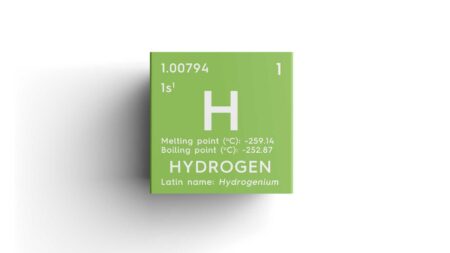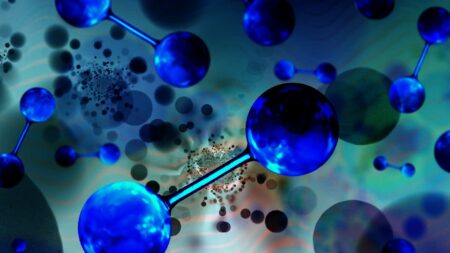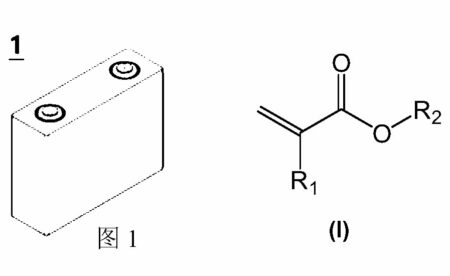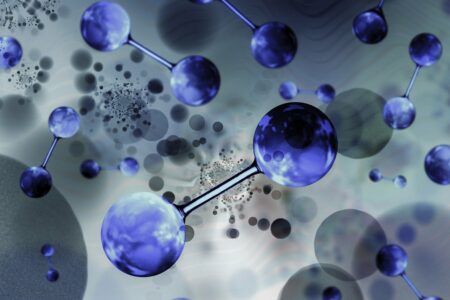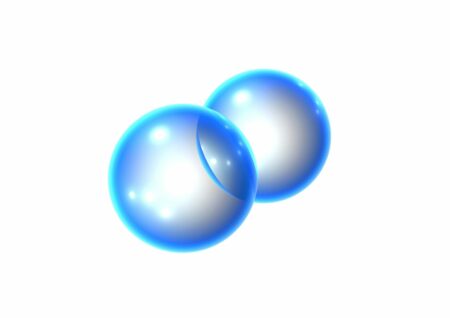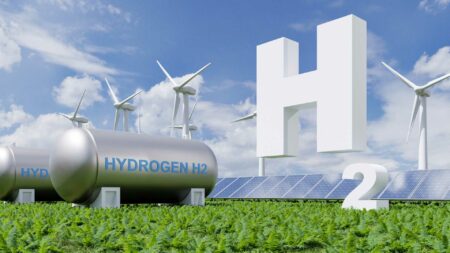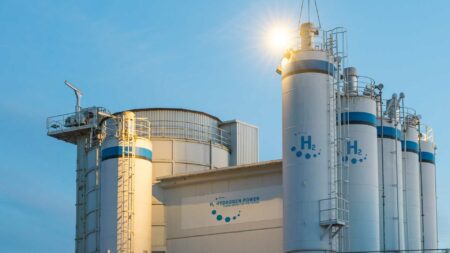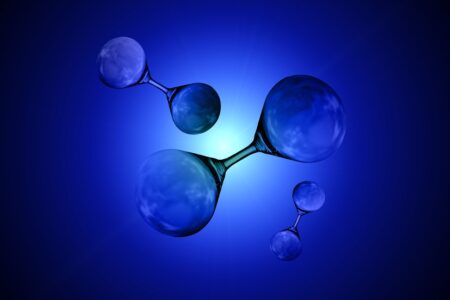In a study published in the International Journal of Hydrogen Energy, a team of researchers led by Obaid Alshammari presents a novel transactive energy framework designed to enhance the operational efficiency of fuel cell-based energy hubs.
Browsing: Innovation
In a study published in the International Journal of Hydrogen Energy, researchers led by Murphy M. Peksen have revealed insights into the thermomechanical and dynamical mode switch transitions of reversible solid oxide cells (RSOCs).
A recent patent application by Contemporary Amperex Technology introduces significant advancements in polymer technology with potential applications in the hydrogen sector.
In a recent publication in the International Journal of Hydrogen Energy, researchers Dana Alghool, Mohamed Haouari, and Paolo Trucco presented…
A team of researchers, Kornél Télessy, Lukas Barner, and Franziska Holz, have explored the feasibility and limitations of repurposing existing natural gas pipelines for hydrogen transport, utilizing a case study based in Germany.
Oceana Energy has recently filed a patent for an innovative method for generating hydrogen using offshore hydroelectric turbines. The described system leverages underwater energy sources to produce hydrogen.
UNIPER TECH GMBH has filed a patent for a plant and process designed to produce ammonia continuously using renewable energy.…
Hydrogen as a clean energy carrier has gained significant traction in the quest for sustainable energy solutions. A recent publication,…
This patent outlines a novel process for generating low—or zero-carbon hydrogen. Below, we delve into this innovative process’s unique features,…
A recent patent filed by NUOVO PIGNONE TECNOLOGIE SRL titled “A methane pyrolysis reactor and a methane pyrolysis method” introduces…

